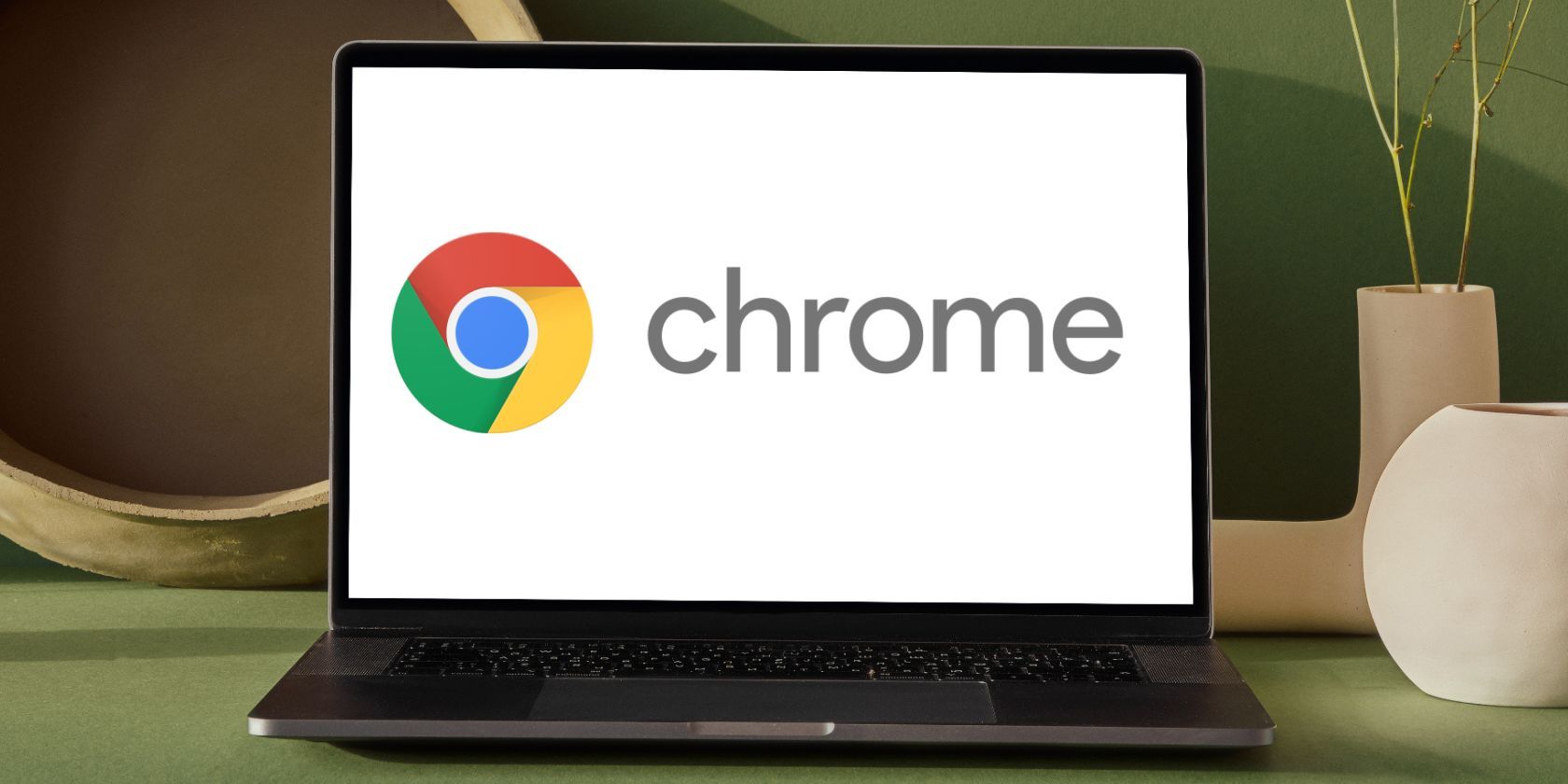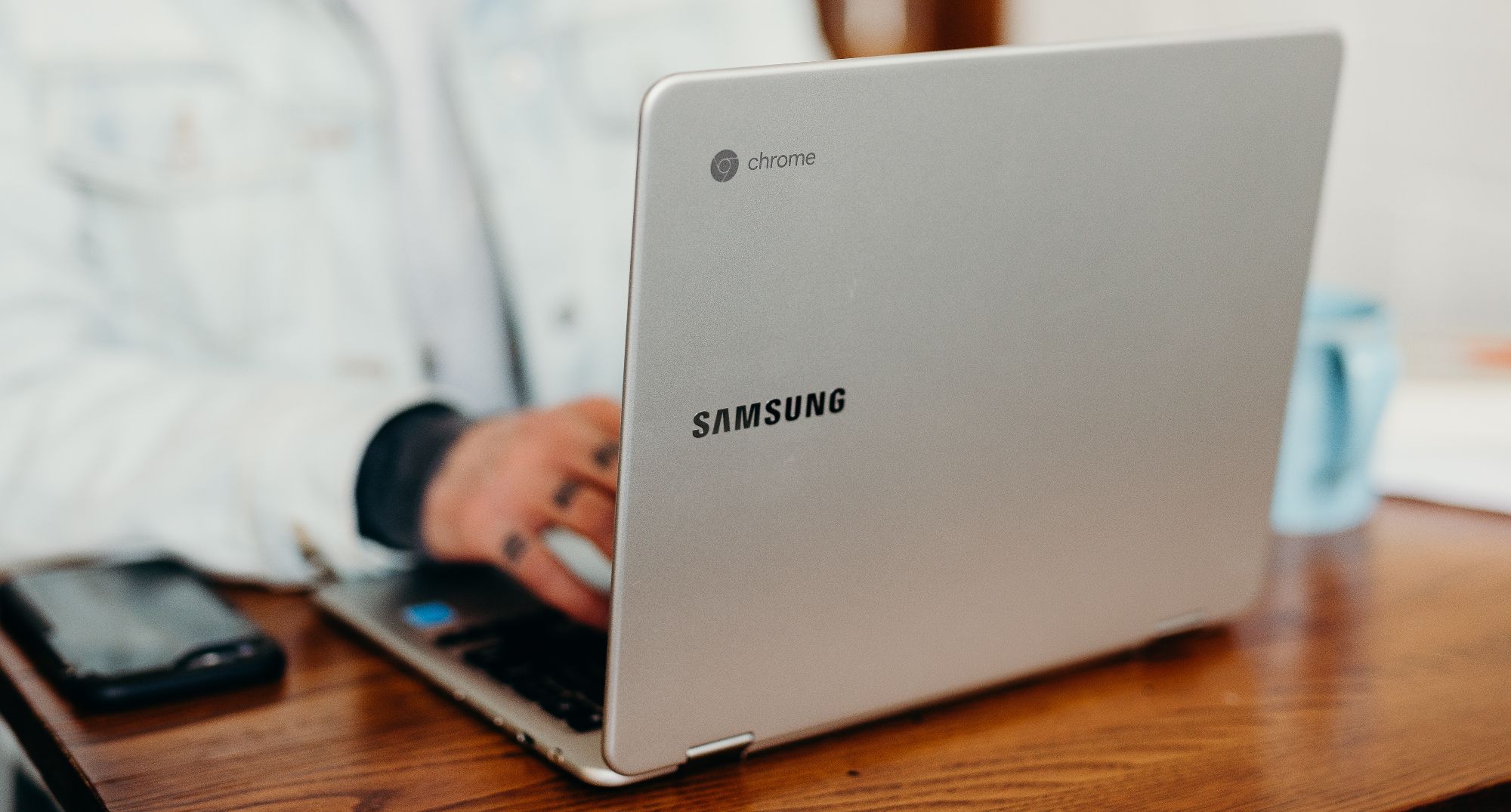If you have a Chromebook, you'll have Chrome pre-installed. Many Chromebook users tend to stick with Chrome as their default browser, but is this the best choice for you? Should you only use Chrome on your Chromebook, or are there better options out there?
Google Chrome and ChromeOS
As you've likely guessed, Chrome and ChromeOS are closely related. While Chrome is Google's own web browser (not to be confused with Google's Chromium browser), ChromeOS is Google's operating system.
Launched in 2011, ChromeOS is a Linux-based operating system used by all Chromebooks. Since then, Chromebooks have become a very popular choice of laptop, particularly among those who use Gmail, Google Docs, Google Drive, and other Google-based services.
Chrome and ChromeOS are both forms of software, so updates are frequently issued. At the time of writing, the latest version of ChromeOS is Chrome 109, released in January 2023. The latest version of the Chrome browser is Chrome Beta 114.
So given how closely linked these two software programs are, should you use them together?
Do You Need to Use Chrome on ChromeOS?
In short, Chromebooks are designed to work best with the Chrome browser. Chrome works seamlessly with ChromeOS, integrating all of Google's services in one place.
There's plenty about Chrome to love, especially if you're using it on ChromeOS. Chrome offers a wide range of useful extensions, syncs across all devices, has a great user interface, boasts solid security and privacy features, and some handy customization options.
All in all, it's a top-tier browser supported by most operating systems, including iOS, macOS, Windows, and Linux.
The Downsides of Chrome
Though Chrome is designed to work best on Chromebooks, not all Chromebook users enjoy this browser. There are a few reasons why this is the case.
Firstly, Google has been caught up in numerous legal disputes regarding privacy over the years. For example, in November 2022, Google agreed to pay a mammoth $392 million settlement for allegedly tracking users even when they had disabled the location tracking function on their devices.
Additionally, in January 2023, Google agreed to pay $23 million in a lawsuit accusing the company of sharing users' queries with advertisers. So it's evident that Google isn't watertight when it comes to privacy, and this calls the integrity of its browser, Chrome, into question, especially for those who value privacy very highly.
On top of this, Chrome can be quite demanding on your device's CPU and memory storage, particularly your RAM. Chrome is strenuous on RAM so it can provide a fast, streamlined experience for users. Still, high RAM consumption can also affect how your device functions, especially if other applications are also taking up most of its capacity.
We have a guide on which browser uses the least RAM across various operating systems if you want to lower your browser's RAM consumption.
Lastly, Chrome is often confused with Google's other browser, Chromium. Chromium is an open-source browser developed by Google, and its code has been used as a baseline for numerous other browsers. Chrome, on the other hand, is a closed-source browser.
The Best Alternative Browsers to Use on ChromeOS
If you're not a fan of Chrome, there are some alternative browsers that you can install on your Chromebook, including:
- Mozilla Firefox
- Opera
- Brave
- Dolphin Browser
- Ghostery
These browsers all have different features and focuses. Ghostery, for example, blocks ads and maintains user privacy. Brave, on the other hand, focuses on both speed and privacy and is alleged to be three times faster than Chrome, according to the Brave website.
Chrome Isn’t a Necessity for Your Chromebook
While it may be a no-brainer to use Chrome on your Chromebook, this is by no means mandatory. If you're not a fan of Chrome, there are many other great browsers that you can install on your Chromebook.
Just note that these browsers may not work as seamlessly as Chrome itself, as Chrome and ChromeOS are designed to work well together.



